The leadership of the terrorist organization "Islamic State" (activities are prohibited in Russia) published a statement in which they confirmed the death of the group's leader Abu Bakr al-Baghdadi. About the circumstances under which the most dangerous terrorists in Russia and the world were destroyed - in the RBC photo gallery
Dzhokhar Dudayev, first president of Ichkeria
Photo: Andrey Babushkin and Gennady Khamelyanin / TASS
On April 21, 1996, near the village of Gekhi-Chu in Chechnya, Russian intelligence services picked up a signal from the satellite phone of the leader of the self-proclaimed Chechen Republic of Ichkeria, Dzhokhar Dudayev. Planes with homing missiles tuned to the frequency of Dudayev’s mobile phone were launched into the air.
The leader of Ichkeria was destroyed on the night of April 21-22. All details of the operation to eliminate Dudayev are still classified. It is assumed that it was destroyed during a telephone conversation with State Duma deputy Konstantin Borov.
Aslan Maskhadov, President of Ichkeria in 1997 - 2005
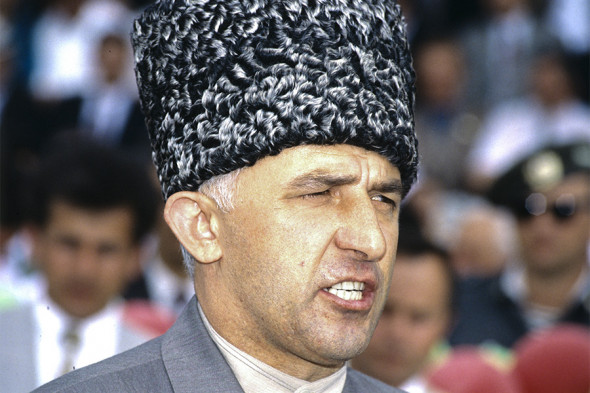
Photo: Alexander Polyakov / RIA Novosti
On March 8, 2005, during a special operation by the Russian FSB in the village of Tolstoy-Yurt in the Chechen Republic, militant leader and President of Ichkeria Aslan Maskhadov.
Two years earlier, the Chechen authorities announced their intention to pay a reward for information about Maskhadov’s whereabouts. In 2004, after the May 9 explosion at the Dynamo stadium in Grozny, the Russian FSB made a similar statement. After the liquidation of the leader of Ichkeria, the FSB public relations center reported that “citizens who provided information about the whereabouts of Aslan Maskhadov to the special services received the promised reward in full” of $10 million.
Ramzan Kadyrov, who in 2005 held the position of first deputy chairman of the government of Chechnya, that “they wanted to take Maskhadov alive, but he died as a result of careless handling of the weapon of the bodyguard who was next to him.”
Abu Musab al-Zarqawi, leader of the al-Qaeda terrorist organization in Iraq
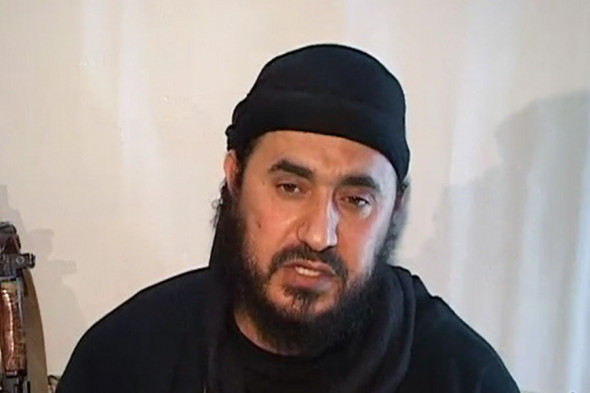
In June 2006, as a result of an airstrike carried out by American planes, the leader of the Al-Qaeda terrorist group in Iraq, Abu Musab al-Zarqawi. During the special operation, which took place 50 km northeast of Baghdad, seven of his assistants were also killed.
The leader of Iraqi al-Qaeda was known for the brutal murders of CIA employees and representatives of American companies working in the Middle East. Al-Zarqawi was considered one of the most notorious terrorists in the world.
Shamil Basayev, one of the leaders of Ichkeria
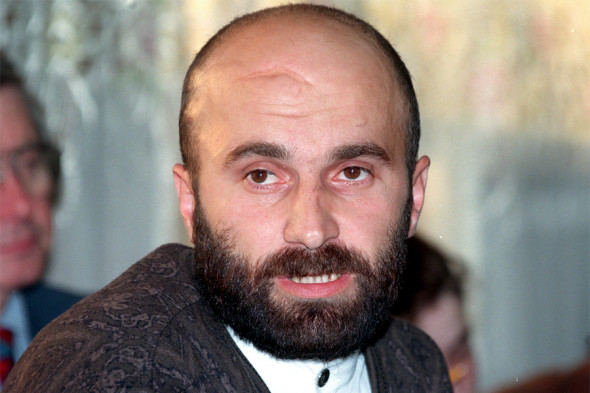
Shamil Basayev, who was elected commander of the military formations of the self-proclaimed Chechen Republic of Ichkeria after the death of Dudayev, was killed on the night of July 10, 2006 as a result of a special operation by the FSB on the territory of Ingushetia. Together with him, 12 more terrorists who were near the exploded KamAZ truck were eliminated.
Basayev is the organizer of the largest terrorist attacks in Russia, including the seizure of school No. 1 in Beslan in September 2004.
Abu Ayyub al-Masri and Abu Omar al-Baghdadi, leaders of the Iraqi al-Qaeda network
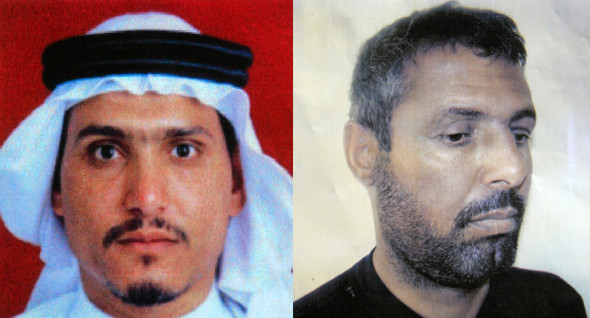
In April 2010, during a joint Iraqi-American operation, the leader of Iraqi al-Qaeda, Abu Ayyub al-Masri (pictured left), and the commander of the al-Qaeda affiliated group, Abu Omar al-Baghdadi, were killed. The Iraqi Prime Minister and representatives of the US administration announced the liquidation of two high-ranking commanders, and al-Qaeda later confirmed the information.
The militants were killed during a special operation in the province of Salaheddin, located west of Baghdad.
Osama bin Laden, founder of al-Qaeda
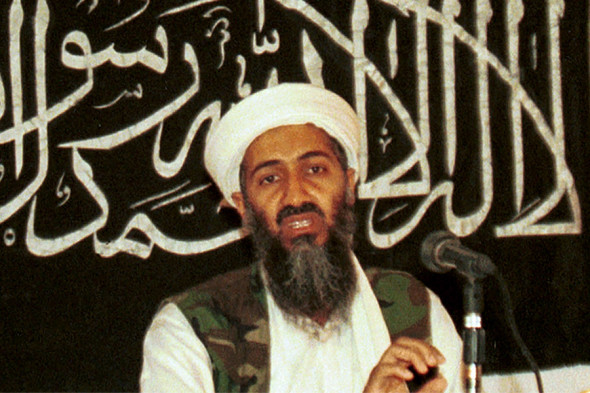
The founder of the terrorist group Al-Qaeda and one of the most famous terrorists in the world, Osama bin Laden, was killed on May 2, 2011 in Pakistan as a result of an operation by the US military. US President Barack Obama announced the elimination of Bin Laden, calling this event “the most significant achievement” among those that were accomplished during the US fight against al-Qaeda.
Bin Laden's body was buried at sea within 24 hours of his death.
Akhtar Mansour, leader of the Islamist Taliban movement
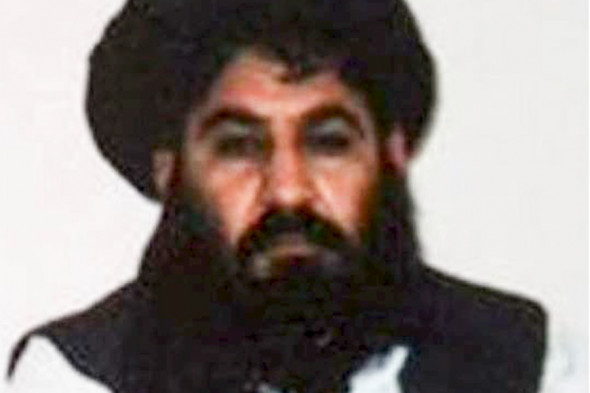
In May 2016, American authorities killed Taliban leader Akhtar Mansoor with a drone attack in Pakistan. The strike was carried out with the consent of US President Barack Obama.
Mansour was elected leader of the Taliban in July 2015, after the death of the organization's founder, Mullah Omar. He was on the international wanted list. According to the UN, in the 2000s he was imprisoned in Pakistan, and in 2006 he returned to Afghanistan, where he took the post of governor of Kandahar province and at the same time organized drug trafficking in three Afghan provinces.
Abu Umar al-Shishani, one of the leaders of the Islamic State
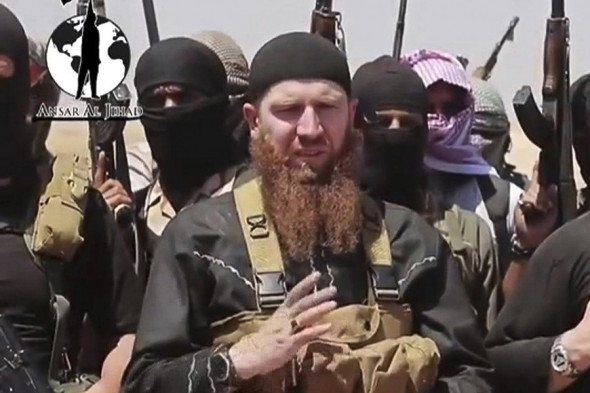
In mid-July 2016, about the death of the Chechen leader of the Islamic State group Abu Umar al-Shishani. The IS defense minister was killed in fighting near the town of Shirkat, south of Mosul. The United States offered a reward of up to $5 million for information about his whereabouts.
Before this, the media had repeatedly reported the death of one of the leaders of the terrorist organization, but this information was not confirmed. This happened in 2014, when the head of Chechnya, Ramzan Kadyrov, announced the death of al-Shishani on his Instagram.
Qari Yassin, one of the leaders of al-Qaeda
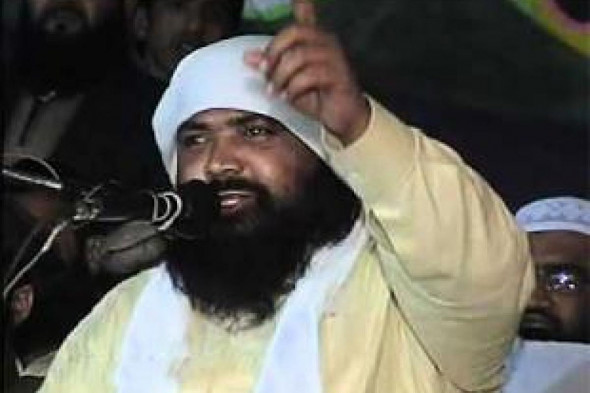
On March 19, 2017, as a result of American airstrikes in the Afghan province of Paktika, one of the leaders of the al-Qaeda terrorist organization, Qari Yassin.
A post on the Pentagon's website called him "a known terrorist leader responsible for the deaths of dozens of innocent victims, including two US military personnel."
Abu Bakr al-Baghdadi, leader of the Islamic State
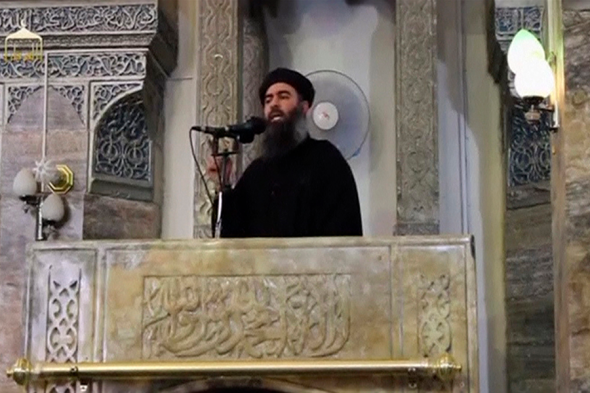
Photo: Social Media Website / Reuters
On June 16, Russian Defense Minister Sergei Shoigu announced an airstrike by the Russian army against an extremist group facility near Raqqa, Syria. According to him, the strike killed more than a hundred terrorists, including members of the IS leadership, including al-Baghdadi.
On June 30, the commander of the Quds Force of Iran's Islamic Revolutionary Guard Corps, Ali Shirazi, announced the death of al-Baghdadi as a result of a Russian airstrike.
On July 11, the leadership of the terrorist organization "Islamic State" (activities are prohibited in Russia) published a statement in which al-Baghdadi had died and announced that a successor would soon be appointed in his place.

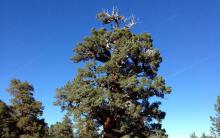

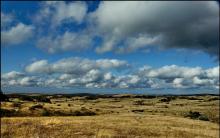
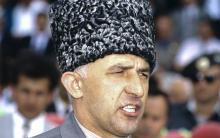






The most beautiful motorcycles in the world
Which sea is the cleanest in the world?
Top 10 Most Expensive Furs
The largest and most luxurious casinos in the world
Knightly orders of Europe XI - XIII centuries